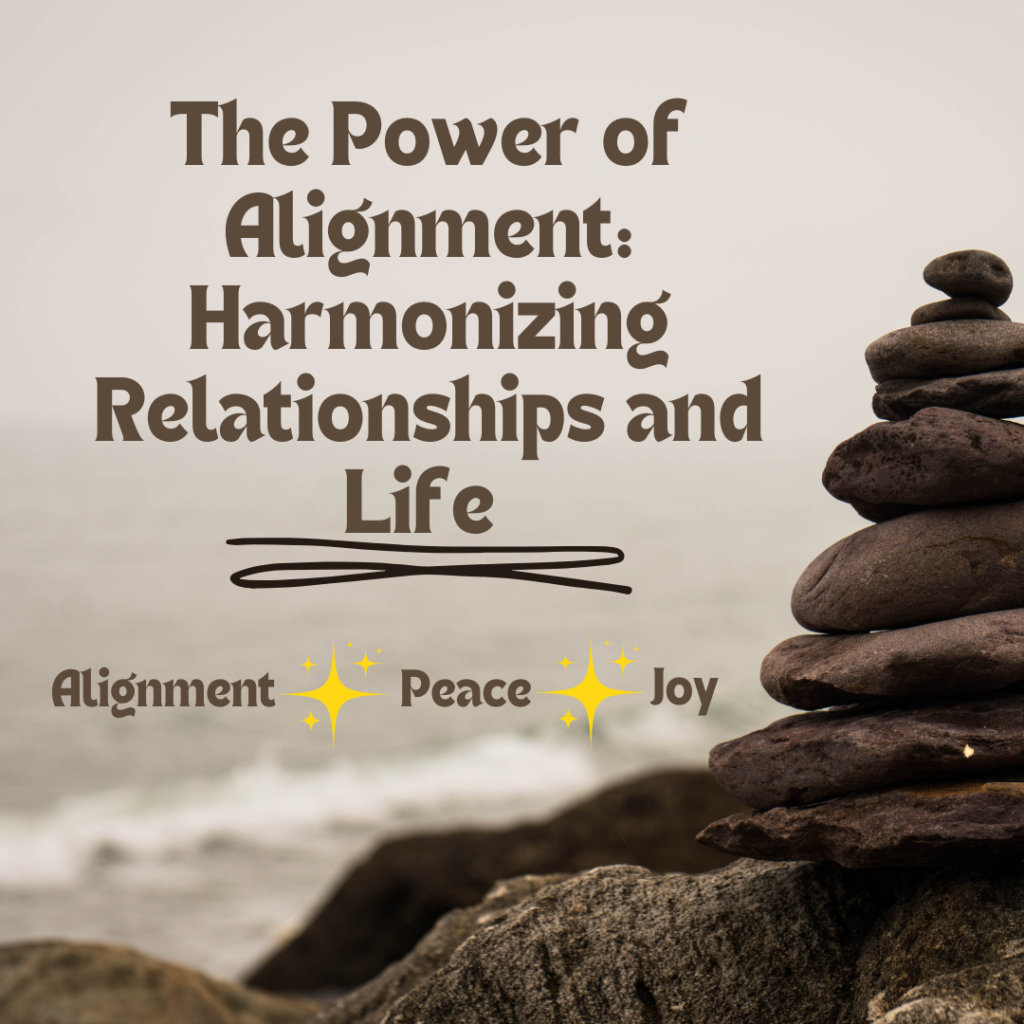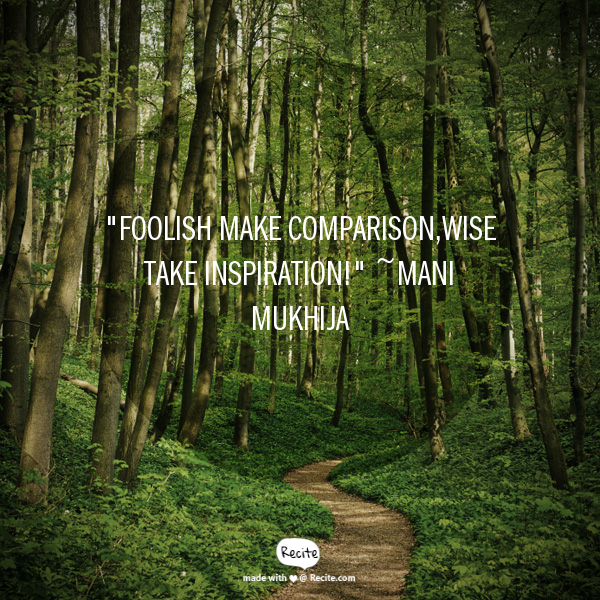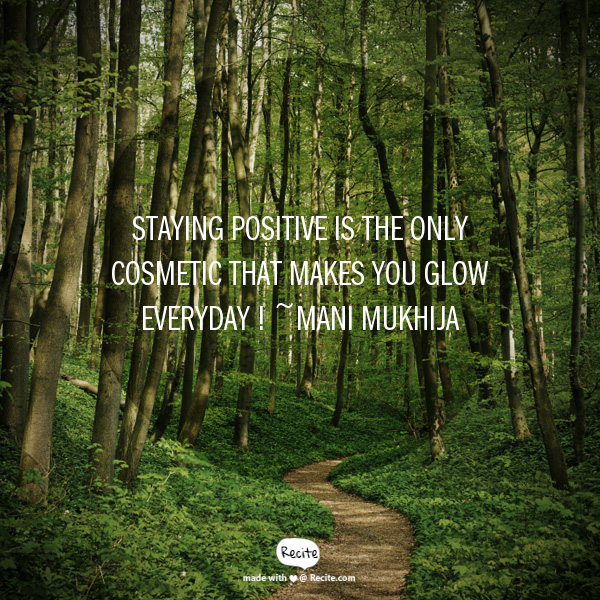
Ever noticed how smoothly life flows when you’re in sync with your friends, colleagues, or family? Alignment brings a sense of ease and reduces stress in our interactions. However, when alignment is lacking, relationships can feel strained and efforts seem futile.
Lately, I’ve been pondering over this idea of alignment—how crucial it is to sync up with the people around us. It’s like finding that perfect harmony where everything flows effortlessly. Have you ever experienced that? When you and your friends, colleagues, or family are all on the same wavelength, life feels so much smoother. There’s much less stress when everyone shares either a common perspective or at least respects others’ perspectives.
But what happens when that alignment isn’t there? It can be frustrating, right? It feels like you’re constantly forcing things, dragging through interactions, and nothing feels enjoyable.
There are those moments when alignment feels like an uphill battle. When you’re trying to connect with someone, whether a friend, coworker, or even a family member, and it feels like you’re speaking different languages, it can leave you feeling frustrated and disconnected, right?
What’s Alignment Anyway, in your opinion? Here is what I think it is:
I think alignment isn’t just about agreeing with someone. It’s about creating harmony in your goals, opinions, and actions. When you’re aligned with others, it’s like you’re all working in sync, making things happen more efficiently and with less drama.
I’ve noticed this in various aspects of my life. With friends, it’s fantastic when we share similar interests and values—it strengthens our bond and makes our interactions more meaningful. But when there’s a mismatch, it can feel like we’re drifting apart, even if we care deeply about each other.
When friendships are aligned, there’s a natural flow in our conversations and activities, and we feel understood and supported. However, when there’s misalignment and misunderstandings, differences can create distance and strain, leading to a sense of disconnect despite our long-shared friendship.
At work, ‘alignment’ is the key to effective teamwork. When everyone is aligned on the goals and working towards a shared vision, collaboration feels natural and productive. But when there’s misalignment, it can lead to misunderstandings, duplicated efforts, and unnecessary stress.
And then there’s family, where you’d expect alignment to be automatic, but sometimes, understanding each other’s perspectives can feel like solving a complex puzzle. When family members aren’t on the same page, it can create tension and misunderstanding. Family gatherings become something you dread rather than enjoy, and the home environment feels strained.
There are moments when we, myself included, find it challenging to mend those rifts, and it deeply affects our mental well-being. In nearly everyone’s life, there’s often a ‘drama-queen’ or ‘drama-king’ either among friends, colleagues or family. They feed off negativity, creating unnecessary mental distress and seemingly finding reasons to spark conflicts.’
I think what I’m learning is that alignment isn’t just about agreeing on everything—it’s about respecting differences and finding common ground. It’s about being vulnerable and open, even when it’s hard. We obviously can’t get rid of certain relationships despite being misaligned in that relationship.
And sometimes, despite our best efforts, alignment just doesn’t happen. It’s okay to feel disappointed or unsure about how to move forward.
But when alignment does happen, it’s like a weight lifted off your shoulders. You feel supported, understood, and connected on a deeper level. It’s these moments that remind us of the importance of investing in relationships and striving for mutual understanding and transparency.
So, as I continue to navigate this journey of alignment in my life, I’m learning to be patient with myself and others. I’m learning to listen more, to be open to different perspectives, and to prioritize authenticity in my interactions while cutting myself off from those with hostile mindsets. Because at the end of the day, it’s the genuine connections and alignment with those genuine connections that bring richness and meaning to our lives.
Alignment is a game-changer for your relationships and daily experiences. When you make conscious effort to align your interests and intentions with those around you, you create a life that’s more harmonious and productive. This synergy not only strengthens personal and professional relationships but also has a positive, lasting effect, leading to a harmonious and peaceful life.
But remember, if alignment isn’t happening despite your best efforts, it’s okay to reevaluate and make decisions prioritizing your well-being.
Have you ever found yourself in a situation where alignment felt elusive? How did you handle it? What strategies did you use to foster alignment, or did you find peace in accepting the differences?
I’d love to hear your thoughts and experiences with alignment. Share them in the comments below or feel free to send me a personal message. After all, sharing is caring; this is how we help each other navigate life’s maze around alignment. So, Let’s keep this conversation going.


